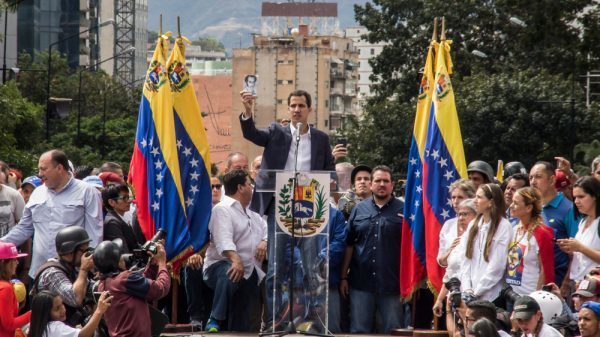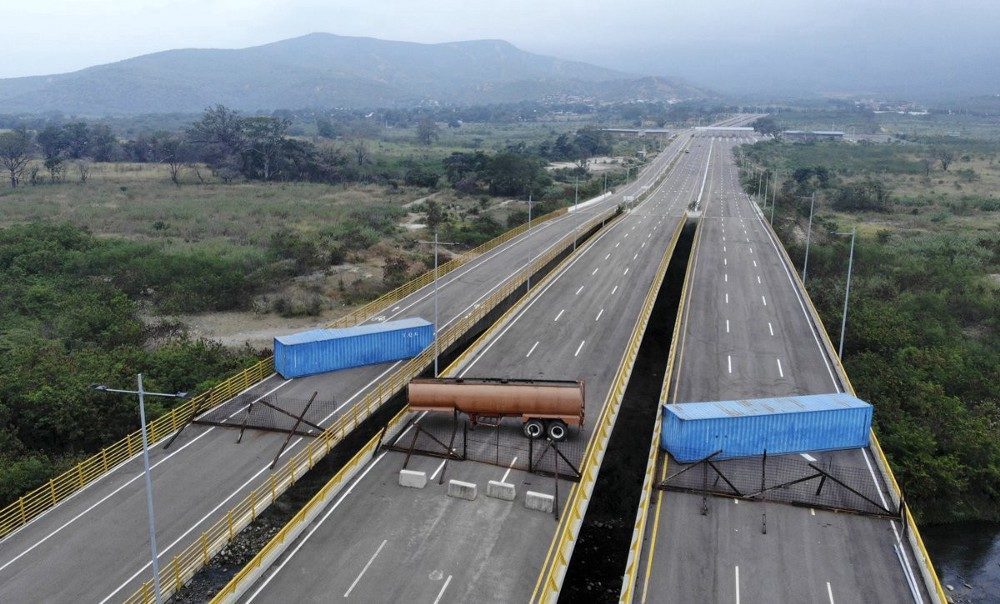AI said:
The first "capitalisms" were simple definitions: (from
Wiki):
Pierre-Joseph Proudhon used the term "capitalist" in his first work,
What is Property? (1840), to refer to the
owners of capital.
Benjamin Disraeli used the term "capitalist" in his 1845 work
Sybil.
[25]
The initial usage of the term "capitalism" in its modern sense has been attributed to
Louis Blanc in 1850 ("What I call 'capitalism' that is to say
the appropriation of capital by some to the exclusion of others") and Pierre-Joseph Proudhon in 1861 ("Economic and social regime
in which capital, the source of income, does not generally belong to those who make it work through their labour").
[23]:237
Karl Marx and
Friedrich Engels referred to the "capitalistic system"
[30][31] and to the "capitalist mode of production" in
Capital (1867).
Indeed, Blanc and others made an anthropological observation, they noticed that a minority of non-productive individuals (Jewish ones according to Proudhon) were extracting wealth from others' labor.
Beyond the mere observation, Proudhon conducted a social and ethical analysis of those behaviors and qualified them as "theft" and "slavery".
He called this deviant behavior "capitalism". It was almost two centuries ago, in the context of a very Catholic France, where material gain was discouraged, greed was considered as a capital sin, and productive activities, when properly conducted, were considered as a way of serving the common good and earning a place in heaven. Pricing, profits and wages had to be fair since they were established between individuals who were all brothers, the children of God.
Proudhon had deconstructed the pathological behavior of a small non-productive elite, the "capitalists". Before Marx, and in a more balanced way, he even proposed a different economic model, which recognizes private property but directly correlates it with the effective labor of each individual. Marx, who had read Proudhon, denied any kind of individual property and, basically, proposed to transfer the monopoly of wealth from the capitalists to the state (and therefore the new Marxist elite: the apparatchik).
That's why capitalism and marxism are two sides of the same coin. In both cases, an elite accumulates wealth while the people just get enough to keep creating this wealth.
After Proudhon's widely acclaimed work, the capitalists were exposed. Proudhon's work inspired the 1848 revolution, which was not a manufactured revolution like 1789 (artificial increase in bread price orchestrated by what was then called 'speculators', the 'capitalist' word didn't exist yet). The 1848 workers revolution (which, by the way, is very similar to today Yellow Vest movement) was repressed in blood, about 5000 plebeians were killed by the 'republic'.
The elites couldn't allow another 1848 revolution. Countermeasures were necessary. Through massive funding and influencing, they spread narratives to justify their pathological, greedy behavior. Decades after decades, capitalistic myths were created and proselytized, like the freedom of markets, the virtues of competition, the survival of the fittest, the wealth of the elites leading to the wealth of the masses, profit as a driver of progress and prosperity. That's where the anthropological observation started to morph into an ideology.
Where are we today? Capitalism has been erected not only as a norm but as the best economic model. Open any MBA textbook, nowhere you'll find "capitalism" defined as "theft, slavery and wealth extortion".
Proudhon's definition has been replaced by an opposite definition. In the first pages of such textbooks you'll read the fundamental objective of any corporation: "to maximize shareholders' wealth". The capitalists have won, their greedy behavior has become the universal economic motto forced into our brains.
What happened to the common good, the respect of natural resources, the well-being of the employees, the joy of producing beautiful, useful or qualitative products, the satisfaction of the customers, the respect and implementation of positive value, the team spirit, the company as an integrated part of a community? Those points are mostly ignored by capitalism, if addressed they are depicted not as ends but as means to serve the one and only goal: maximizing shareholders' wealth.
In two centuries, what was rightly spotted as a criminal greed-driven behavior has become a political, social and economical ideology, a set of false and destructive beliefs hiding the truth in an attempt to impose upon the world a pathologic, materialistic, individualistic and predatory paradigm.
Nothing is new under the Sun. Haven't we seen in other places pathologic behaviors embraced by a minority being normalized then enforced through bogus ideologies? In the end, isn't it what feminism, homosexualism, postmodernism, or freudism are all about?


